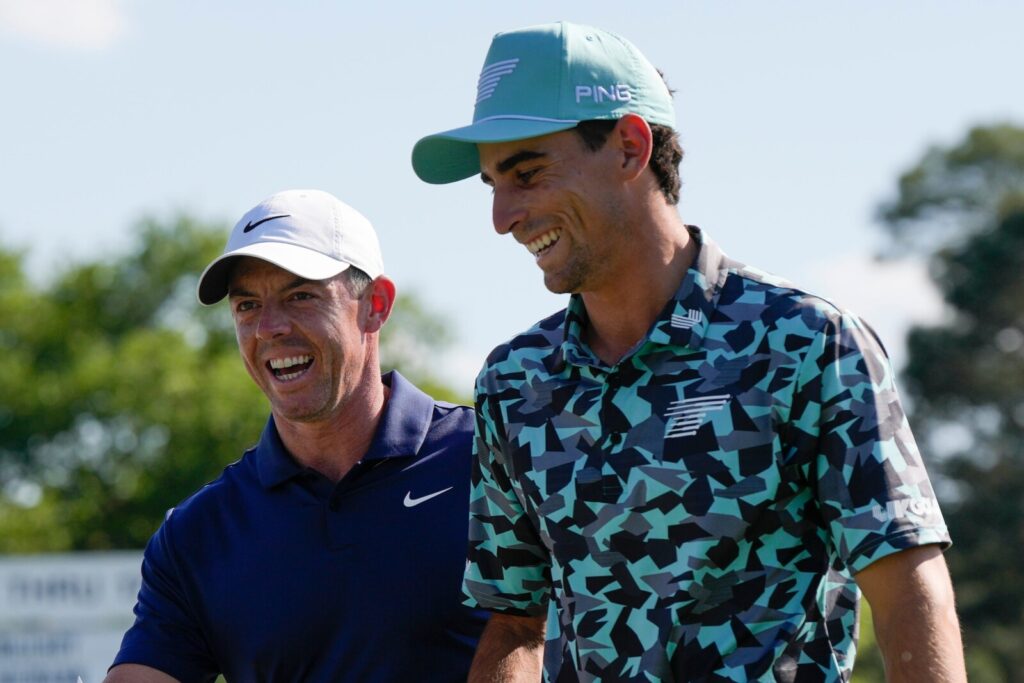Rory McIlroy has been involved in discussions with Saudi backers of the LIV Golf league, despite previously being a vocal critic of the breakaway league. McIlroy had previously stated that he would rather retire than play on the Saudi Arabian breakaway, but has softened his stance on the influx of money from the sovereign state’s Public Investment Fund (PIF), which bankrolls the LIV Golf League. Following the first round at Wells Fargo, where he finished three shots off the pace tied in second place, McIlroy revealed that he has had conversations with the newly set up Transaction Committee that the PGA Tour announced in a press release.
During the meeting with the Transaction Committee, McIlroy stated that he had a productive hour and a half Zoom call where they went through a 150-page document about the future product model. Although McIlroy is not on the board, he has some involvement in the Transaction Committee and feels that he can be helpful in that capacity. The PGA Tour announced that Joe Gorder, the chair and chief executive of Valero, had been elected as the inaugural chairman of PGA Tour Enterprises, with Australian Adam Scott and Tiger Woods also on the board. Specialized committees have been established, including a Transaction Subcommittee that has been engaging in negotiations with the Public Investment Fund.
The announcement of the Strategic Sports Group’s investment of 1.5 billion dollars (£1.19 billion) has raised speculation about the future of the PGA Tour and its potential relationship with the LIV Golf league. McIlroy’s decision not to replace Webb Simpson on the PGA Tour policy board was influenced by the reopening of “old wounds,” indicating the deep divisions and tensions within the golfing community regarding the LIV Golf league. Despite his previous criticism of the breakaway league, McIlroy’s involvement with the Transaction Committee suggests a willingness to engage with the potential changes and developments in the golf industry.
The role of the Transaction Committee in negotiating with the Public Investment Fund raises questions about the PGA Tour’s future direction and the potential impact of external investment on the sport. The involvement of high-profile figures such as Tiger Woods, Adam Scott, and Rory McIlroy in these discussions highlights the significance of the decisions being made by the PGA Tour leadership. As the negotiations continue and the golfing community awaits further developments, the implications of the Strategic Sports Group’s investment and the decisions made by the Transaction Committee will undoubtedly shape the future landscape of professional golf.


